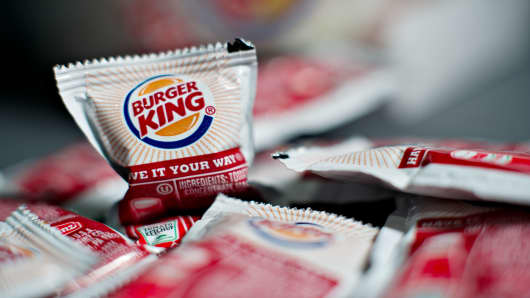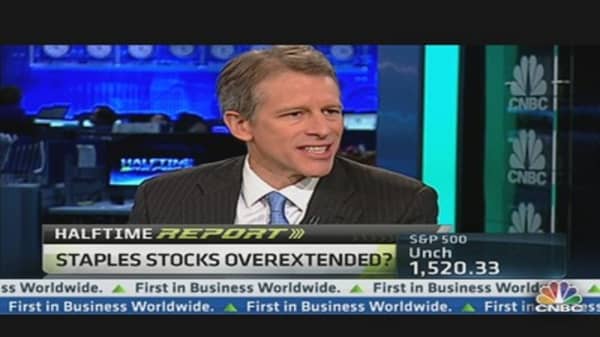What if there was a Ketchup War, yet no one showed up to fight?
The surprise deal that saw Berkshire Hathaway and 3G Capital Management swoop in this with a $28 billion bid for ketchup maker H.J. Heinz, came with an interesting wrinkle that links two of the world's biggest burger behemoths.
Call it two degrees of supply chain separation: 3G owns a majority stake in Burger King, which is a direct competitor of McDonald's. Heinz — now partly owned and likely to be run by 3G — supplies red sauce to both fast food giants.
Heinz new ownership structure raised an improbable, yet plausible, possibility. If the new bosses at 3G wanted to squeeze Burger King's competition, it could terminate the agreement to supply Heinz ketchup to McDonalds.
To be certain, no industry analysts have called such a scenario,or are even willing to consider it. A clutch of analysts who cover Heinz were contacted by CNBC, and dismissed the idea. Even more importantly, consumers could be turned off by such corporate hardball, especially if executed by a venerable and normally squeaky-clean consumer icon like Heinz.
Yet at least in theory, a ketchup supply disruption could send the Golden Arches scrambling to fill a void left by a key condiment supplier.




